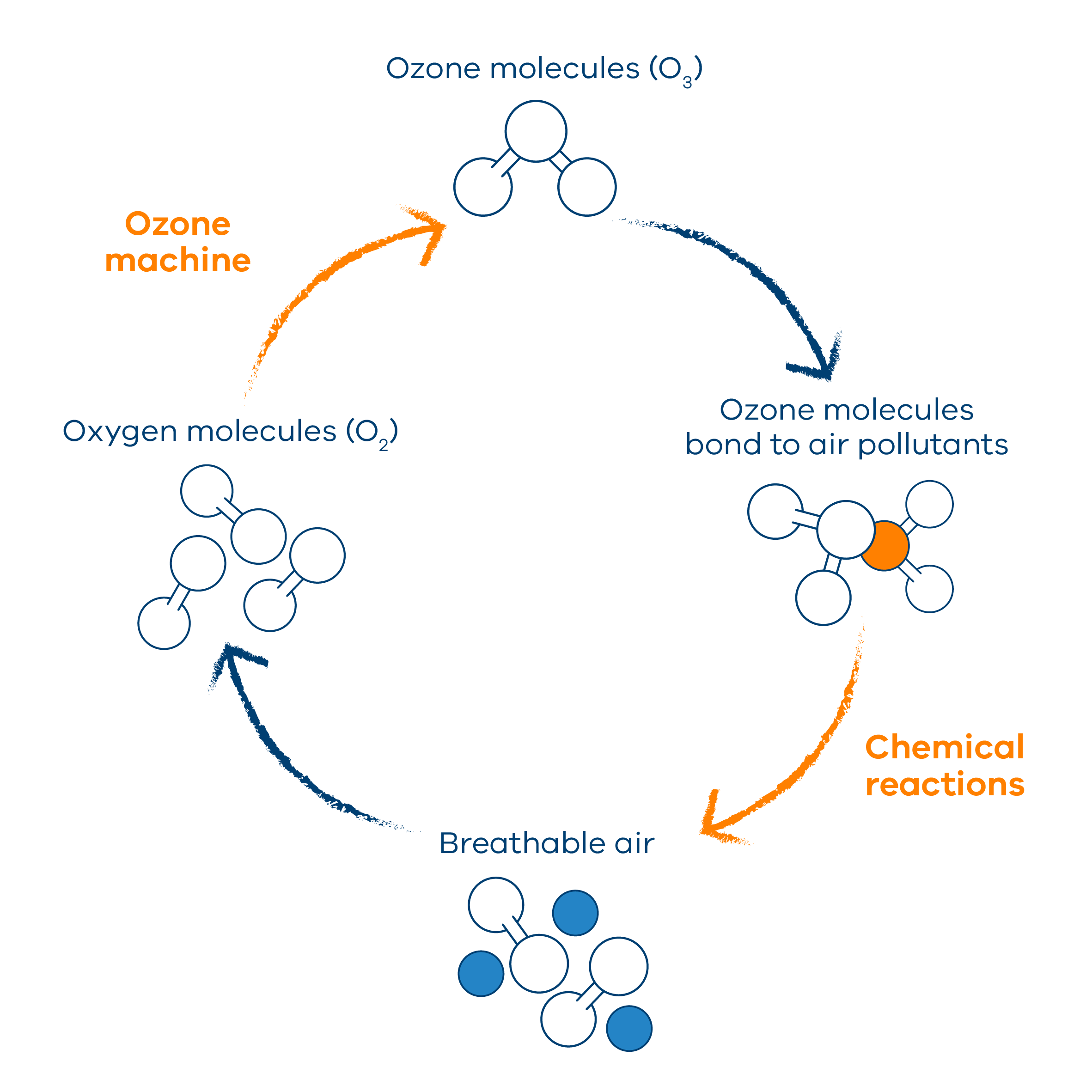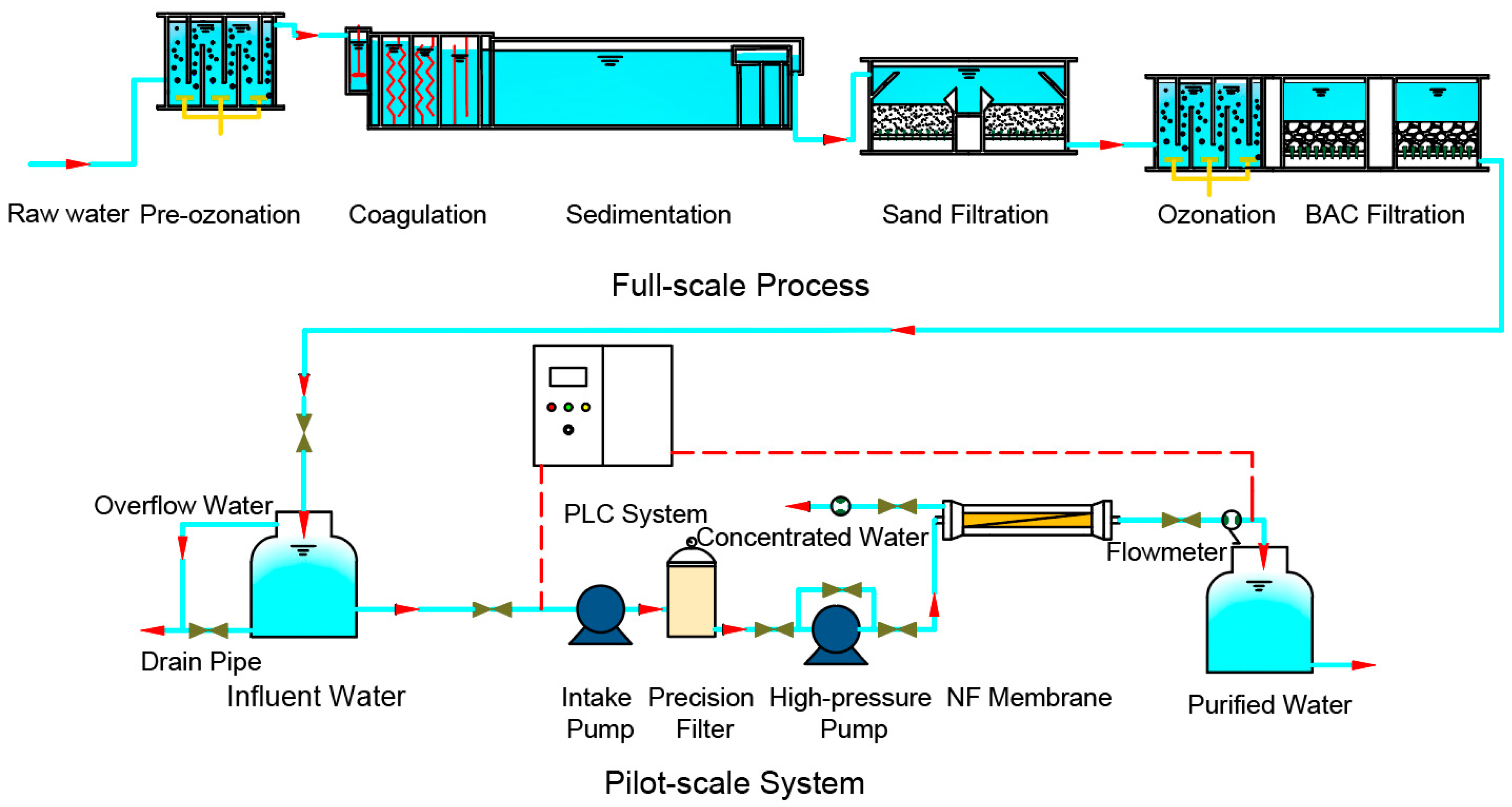Let’s talk about ozonation, folks. This isn’t just some fancy term you hear in chemistry labs or water treatment plants. It’s a revolutionary process that’s shaping how we purify water, sanitize surfaces, and even boost industries. Whether you’re a curious reader or someone looking for sustainable solutions, ozonation is here to change the game. So buckle up, because we’re diving deep into this powerful technology.
Ozonation might sound like a complex concept, but trust me, it’s simpler than you think. It’s all about using ozone—a naturally occurring gas made up of three oxygen atoms—to clean and disinfect. This process is not only effective but also eco-friendly, making it a favorite in the world of water treatment and beyond.
Now, why should you care? Well, if you’ve ever wondered how your drinking water stays clean, how food processing plants maintain hygiene, or how swimming pools stay germ-free without loads of chemicals, then ozonation is your answer. Let’s explore this awesome process and see why it’s worth all the hype.
- Elizabeth Hurleys Nude Pool Videos See Her Latest Instagram Posts
- Angamaly Things To Do Movie More Explore Today
What Exactly Is Ozonation?
Ozonation is essentially the process of introducing ozone into water or air to achieve various benefits, like disinfection, odor removal, and even stain elimination. Ozone (O₃) is a highly reactive gas that’s formed when oxygen molecules are split and recombined with additional oxygen atoms. This makes it super effective at breaking down harmful microorganisms and organic compounds.
How Does Ozonation Work?
Here’s the science behind it, made easy. When ozone is introduced into water, it reacts with contaminants by oxidizing them. This means it breaks down bacteria, viruses, algae, and other nasties into harmless byproducts. The best part? Ozone naturally decomposes back into regular oxygen (O₂), leaving no harmful residues behind.
Why Is Ozonation Important?
In today’s world, where clean water is becoming scarcer and environmental concerns are on the rise, ozonation stands out as a sustainable solution. Unlike traditional methods that rely on chemicals like chlorine, ozonation doesn’t produce harmful byproducts. Plus, it’s faster and more effective at killing pathogens.
- Aagmaalgives Competitors Traffic Insights April 2025 Latest
- Aagmaal Your Guide To Indian Adult Web Series More 2024
Advantages of Ozonation
Let’s break down the benefits of using ozonation:
- Highly effective at killing bacteria, viruses, and fungi
- Leaves no chemical residues
- Improves the taste and odor of water
- Reduces the need for other chemicals
- Environmentally friendly
Applications of Ozonation
Ozonation isn’t just limited to water treatment. Its versatility makes it applicable across various industries. Let’s explore some of the key areas where ozonation shines:
Water Treatment
From municipal water systems to private wells, ozonation ensures that the water you drink is safe and free from contaminants. It’s especially useful in areas where traditional methods aren’t as effective.
Food Processing
In the food industry, ozonation helps sanitize equipment, reduce microbial load, and extend the shelf life of products. It’s a game-changer for companies looking to maintain high hygiene standards without compromising on quality.
Medical and Healthcare
Hospitals and clinics use ozonation to sterilize equipment and purify air. It’s a reliable method for maintaining a germ-free environment, which is crucial in healthcare settings.
The Science Behind Ozonation
For those who love the nitty-gritty details, let’s dive into the science of how ozonation works. When ozone is dissolved in water, it forms hydroxyl radicals, which are highly reactive and capable of breaking down organic matter. This process is known as advanced oxidation, and it’s what makes ozonation so powerful.
Key Components of Ozonation Systems
Every ozonation system consists of a few key components:
- Ozone generator: Produces ozone by splitting oxygen molecules
- Contact chamber: Where ozone is mixed with water or air
- Off-gas destructor: Removes excess ozone to ensure safety
Environmental Impact of Ozonation
One of the biggest advantages of ozonation is its minimal environmental impact. Unlike chlorine, which can form harmful byproducts like trihalomethanes (THMs), ozone breaks down into oxygen, leaving no trace. This makes it a preferred choice for eco-conscious organizations.
Ozonation vs. Chlorination
Let’s compare the two methods:
- Ozonation: Faster, more effective, and environmentally friendly
- Chlorination: Slower, can produce harmful byproducts, and requires careful handling
Challenges and Limitations
While ozonation has numerous advantages, it’s not without its challenges. The initial cost of installing an ozonation system can be high, and it requires skilled operators to maintain. Additionally, ozone is highly reactive, so proper handling is essential to avoid accidents.
Cost Considerations
Though the upfront cost might seem steep, the long-term benefits often outweigh the expenses. Many industries find that the savings from reduced chemical usage and improved efficiency make ozonation a worthwhile investment.
Future of Ozonation
As technology continues to evolve, the future of ozonation looks bright. Innovations in ozone generation and application are making it more accessible and cost-effective. We can expect to see ozonation becoming even more widespread in the coming years.
Emerging Technologies
New advancements, such as portable ozone generators and smart monitoring systems, are expanding the possibilities of ozonation. These innovations are making it easier to implement in various settings, from households to large-scale industrial operations.
Expert Insights on Ozonation
To give you a well-rounded view, let’s hear from some experts in the field:
“Ozonation is a cornerstone of modern water treatment. Its ability to disinfect without leaving harmful residues makes it an indispensable tool in ensuring public health.” – Dr. Emily Carter, Water Treatment Specialist
Case Studies
Several case studies highlight the success of ozonation in real-world applications. For instance, a water treatment plant in California reported a significant reduction in chemical usage and improved water quality after implementing ozonation.
Conclusion: Why Ozonation Matters
Ozonation is more than just a water treatment method—it’s a solution that addresses some of the world’s most pressing challenges. From providing clean drinking water to ensuring food safety, its applications are vast and impactful.
So, what can you do? If you’re a business owner, consider integrating ozonation into your operations. If you’re a consumer, advocate for sustainable practices that include ozonation. Together, we can make a difference.
Don’t forget to share this article with your friends and leave a comment below. Let’s keep the conversation going and explore more ways to make our world cleaner and healthier!
Table of Contents
- Palang Tod More Top Ullu Web Series Where To Watch
- Zendaya From Emmys Glam To Challengers Controversy


